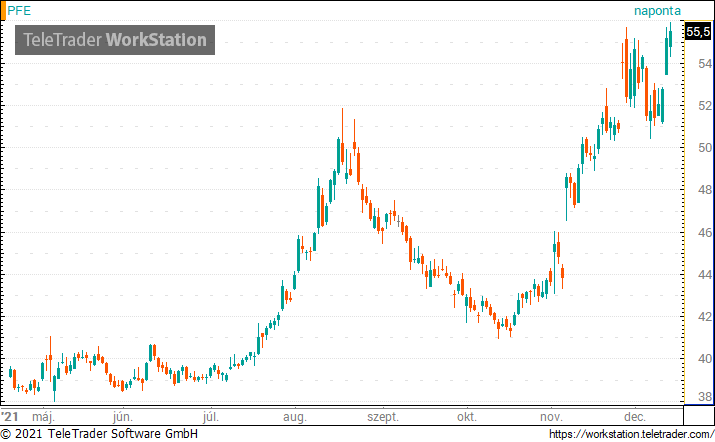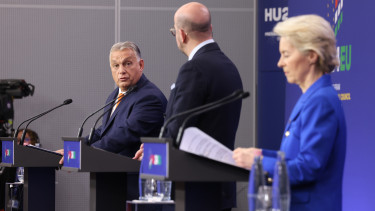Pfizer says COVID-19 antiviral pill near 90% effective in preventing hospitalisations, deaths

Pfizer said last month its oral medicine Paxlovid was around 89% effective in preventing hospitalizations or deaths when compared to placebo, based on interim results in around 1,200 people. Data from its final analysis of the trial disclosed on Tuesday includes an additional 1,000 people.
Nobody in the trial who received the Pfizer treatment died, compared with 12 deaths among placebo recipients.
Rival Merck & Co has asked for emergency use authorization of its antiviral pill molnupiravir. But that drug only reduced hospitalizations and deaths in its clinical trial of high-risk patients by around 30%.
“These results were consistent with the interim analysis announced in November 2021, showing Paxlovid significantly reduced the risk of hospitalization or death for any cause by 89% compared to placebo in non-hospitalized, high-risk adult patients with COVID-19 treated within three days of symptom onset. In a secondary endpoint, Paxlovid reduced the risk of hospitalization or death for any cause by 88% compared to placebo in patients treated within five days of symptom onset, an increase from the 85% observed in the interim analysis. The EPIC-HR data have been shared with the U.S. Food and Drug Administration (FDA) as part of an ongoing rolling submission for Emergency Use Authorization (EUA),” Pfizer said in a statement.
The Pfizer pills are taken with the older antiviral ritonavir every 12 hours for five days, beginning shortly after the onset of symptoms. If authorized, the treatment will be sold as Paxlovid.
We're talking about a staggering number of lives saved and hospitalizations prevented. And of course, if you deploy this quickly after infection, we are likely to reduce transmission dramatically,
Reuters cited Pfizer Chief Scientific Officer Mikael Dolsten as saying in an interview.
This news “underscores the treatment candidate’s potential to save the lives of patients around the world,” said Albert Bourla, Chairman and Chief Executive Officer, Pfizer.
“Emerging variants of concern, like Omicron, have exacerbated the need for accessible treatment options for those who contract the virus, and we are confident that, if authorized or approved,
this potential treatment could be a critical tool to help quell the pandemic,
, he added.
Pfizer also released early data from a second study suggesting that the treatment reduced hospitalizations by around 70% in a smaller trial of standard-risk adults, including some higher-risk vaccinated people.
Additionally, there was approximately a 10-fold decrease in viral load compared to placebo, consistent with results from the Phase 2/3 EPIC-HR study.
Pfizer said those results showed a positive trend but were not statistically significant. They are following the results and plan to release data from the final 20% of participants in the 1,100-patient trial. The trial did not show that the drug alleviated symptoms of COVID-19 in that population.
Dolsten said he expects authorization for use in high-risk individuals from the U.S. Food and Drug Administration (FDA) and other regulatory agencies soon. He does not believe an FDA advisory panel meeting will be needed.
"We're in very advanced regulatory dialogues with both Europe and the UK, and we have dialogues with most of the major regulatory agencies globally," Dolsten said.
Dolsten said recent laboratory testing showed that activity against the protease of the Omicron variant is as “good as basically any SARS-COV-2 variant of concern.”
The company has said it can have 180,000 treatment courses ready to ship this year and plans to produce at least 80 million more in 2022.
Dolsten said Pfizer is looking to expand that output further as new variants, like the newly-discovered Omicron, could push the need for antivirals substantially higher. Current vaccines appear to be less effective at preventing infection with Omicron.

Cover photo: Getty Images.









